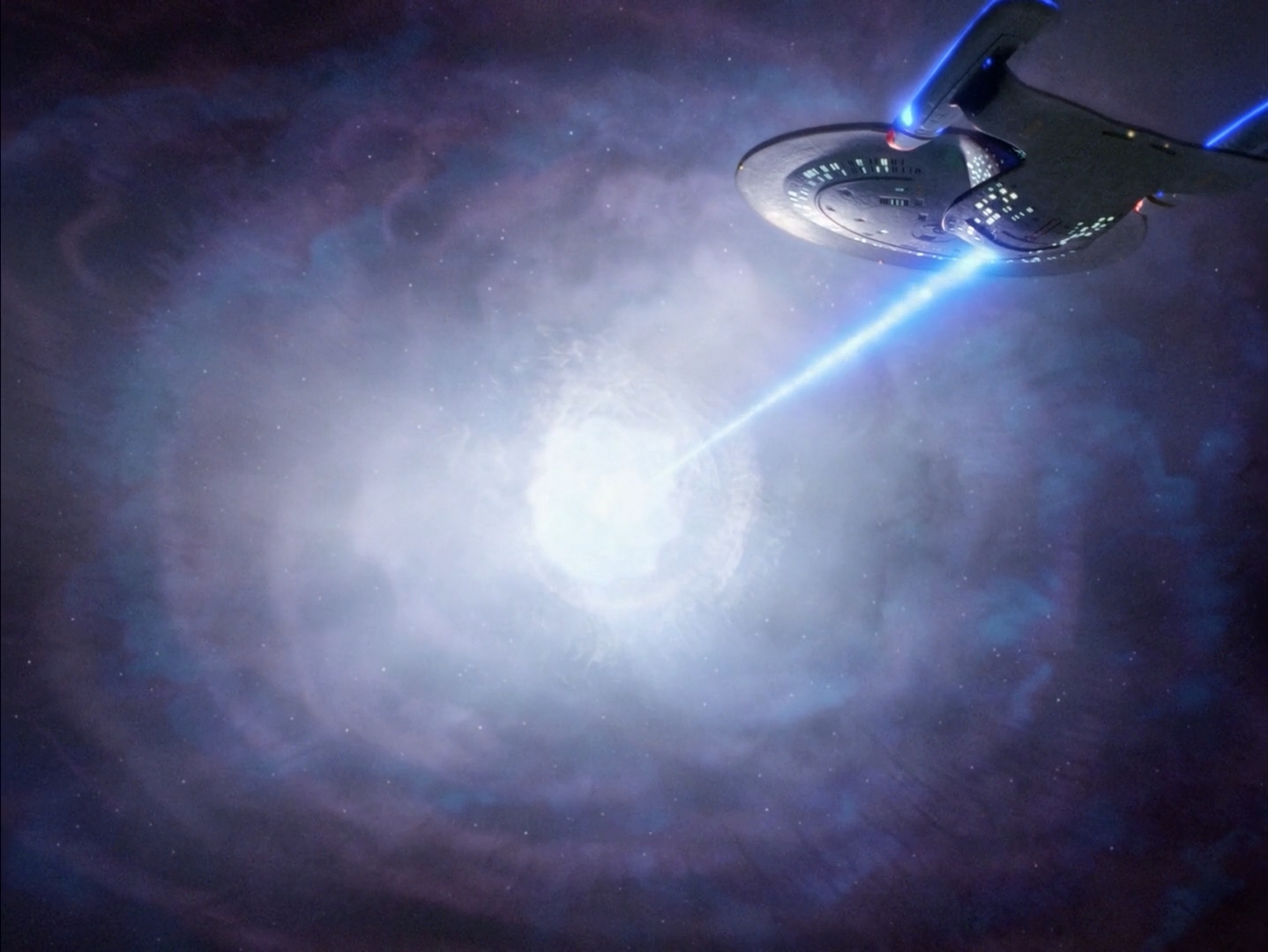Okay, the direction of this discussion is straying from anything meaningful and is simply becoming one conclusion sans premises after another or just anecdotal evidence with no context. Most of the questions (about measurement or the physics of time) have already been addressed in the discourse and newer, more valuable questions are being currently raised by professionals in the field.
I implore that any further potential responses come from individuals who have looked at the following (at the very least):
http://www.iep.utm.edu/time/
As this is a very basic starting point for anyone who is truly interested in adding anything useful to the inquiry. Gone are the questions about the 'existence' of time (since we experience very real attributes which we would consider 'temporal' in nature, such as decay or entropy). Please realize that what you are engaging in - since the initial question was an existential one, is no longer a physical issue but a philosophical one. Positing physical theories only begs the question, unless you do so from a metaphysical point of view.
This isn't just some passing fancy, but a real ontological issue - one that people have spent entire lifetimes researching, so no conclusion you come to in such a modest inquiry will be definitive, but it is through asking better questions that we may come to some fruitful assumptions (such as the ongoing debate - as I mentioned earlier - as to whether time is tensed or tenseless).
I don't mean to be pushy, but for some (myself included) this is a real ontological problem, the truth of which will bring us to some truth about the status of language as well as the priority of physics, and not just some stoney debate.
Look into the article or follow some links therein before contributing further.

